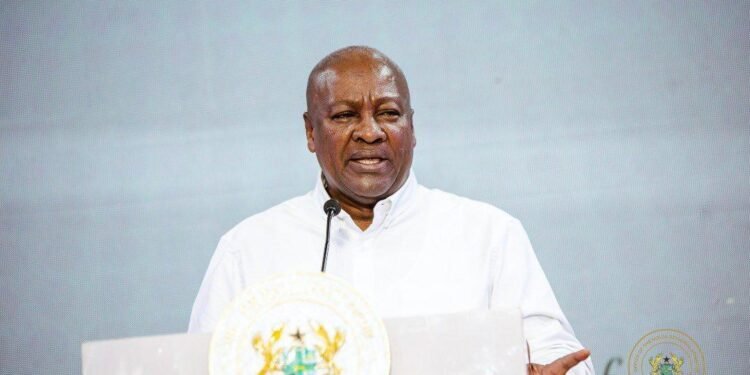South Africa’s automotive industry has been thrown into turmoil as exports to the United States nosedived in 2025 following a wave of import tariffs imposed by President Donald Trump. According to industry body naamsa, car shipments to the U.S. plummeted by 73% in the first quarter alone, with even more devastating drops of 80% in April and 85% in May.
The U.S. is South Africa’s second-largest trading partner and has traditionally served as a lucrative destination for vehicles assembled in the country, largely due to duty-free access granted under the African Growth and Opportunity Act (AGOA). But Trump’s aggressive trade policy shift has disrupted that long-standing relationship.
Naamsa CEO Mikel Mabasa described the downturn not merely as a business setback, but “a socio-economic crisis in the making.” He warned that the consequences of the tariffs could extend beyond the factory floor, threatening the stability of entire communities.
President Trump’s administration began its global trade offensive in April, imposing a 25% duty on imported cars, which was extended in May to include vehicle parts. This month, the campaign escalated with a sweeping tariff hike targeting over a dozen countries, South Africa among them, which will now face a punishing 30% rate beginning August 1.
Before this latest announcement, South Africa had presented a proposal aimed at preserving access to the U.S. market. The package included a duty-free export quota of 40,000 vehicles annually and tariff-free entry for locally sourced car parts used in American manufacturing. But Washington rejected the overture, pushing ahead with the levies.

Industry Faces Jobs And Revenue Crisis
South Africa’s automotive sector is a significant contributor to its economy, accounting for nearly 7% of GDP and more than 13% of the country’s total exports. In 2024, auto exports under AGOA brought in 28.6 billion rand ($1.6 billion), with the car industry responsible for a staggering 64% of all AGOA-linked trade between the two nations.
Mabasa said the tariffs imperil thousands of jobs across the country. In East London, where vehicle manufacturing is a primary economic driver, the fallout could be catastrophic. “If we cannot retain export markets like the U.S., we risk turning vibrant industrial hubs into ghost towns,” he cautioned, warning of “ripple effects across the automotive supply chain, from component manufacturers to logistics providers.”
He added that diversifying export markets was now urgent but acknowledged that such a shift “cannot happen overnight.” Global competitors, he noted, are already filling the void left by South African automakers in U.S. dealerships.
Major global brands with South African operations, including Toyota, Mercedes-Benz, Volkswagen, BMW, Ford, Isuzu, and Nissan, are expected to absorb higher costs, scale back production, and reconsider future investments. This could undermine the country’s broader economic strategy and industrial ambitions.
Despite the turmoil, there are glimmers of resilience. Easing inflation and potential interest rate cuts have offered cautious optimism for domestic performance.
Moreover, the automotive sector is undergoing a green transformation. A generous 150% tax incentive for electric and hydrogen vehicles has attracted substantial investment from global automakers like Volvo and Toyota. The entry of Chinese and Indian brands has also increased competition, introducing more options and innovation to South African consumers.
Looking forward, the South African Automotive Masterplan outlines ambitious targets: doubling vehicle production to 1.4 million units by 2035, ramping up local content in manufacturing, and expanding trade across African markets. But experts say the road to recovery will be uphill without access to major export destinations like the United States.
READ ALSO: NDC Lawyer Calls on President Mahama to Speak on Ablekuma Violence























